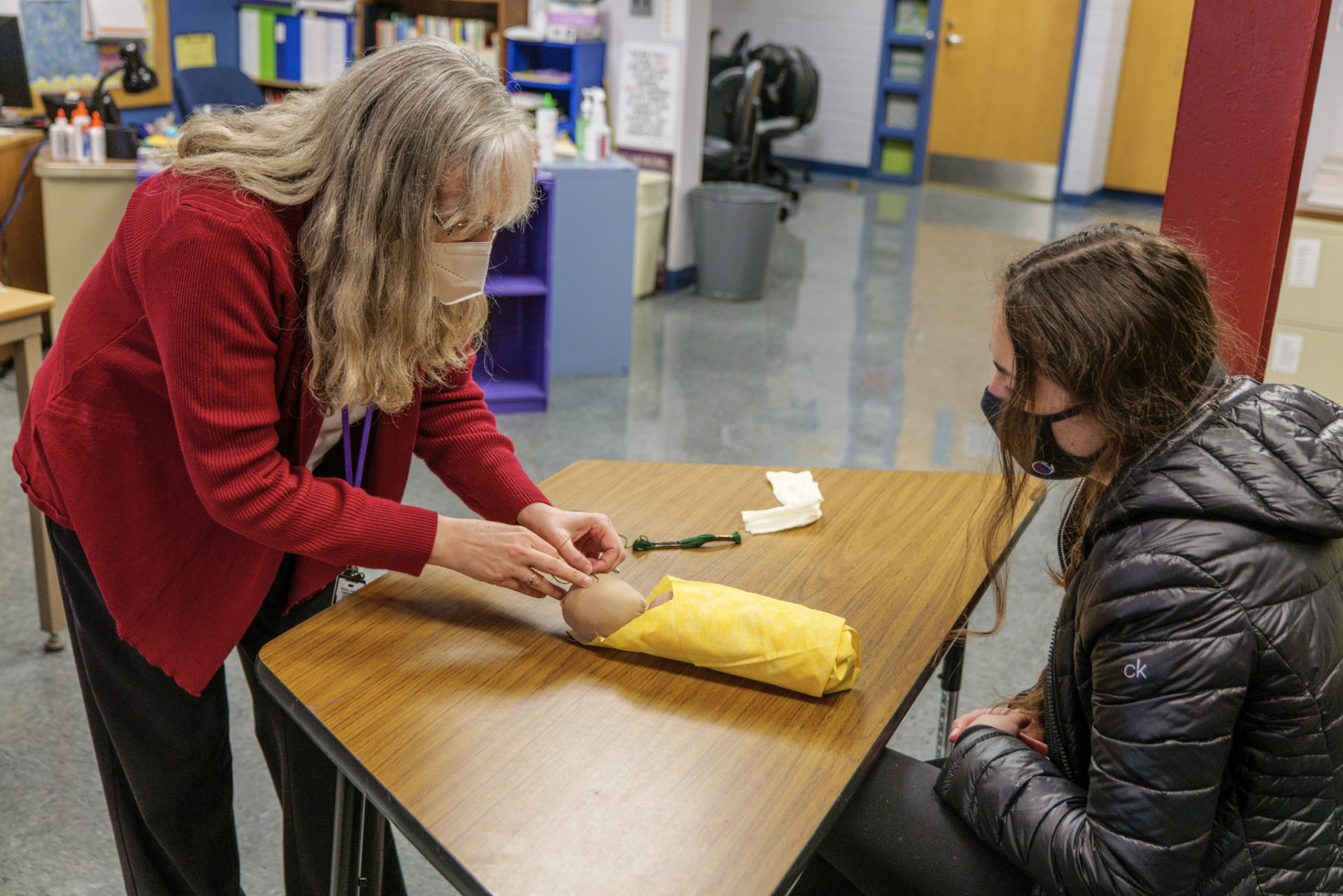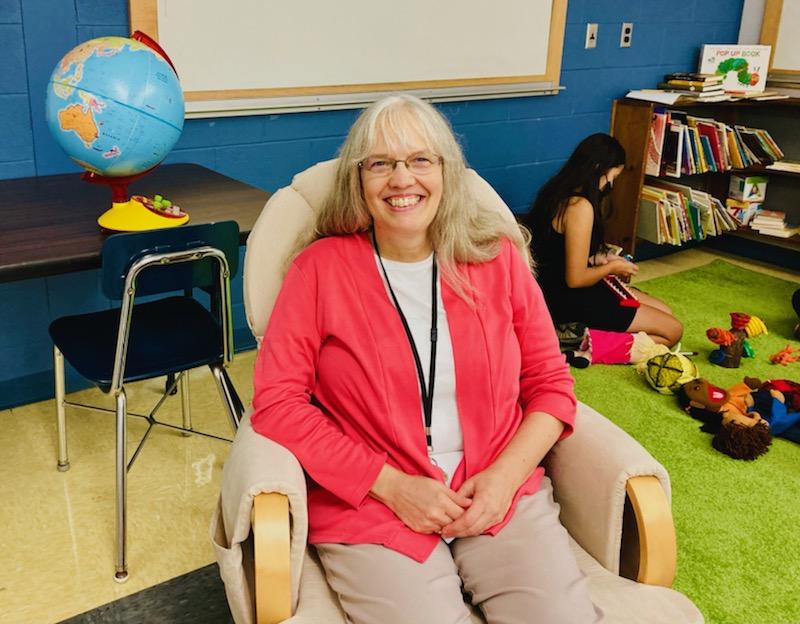
Early
Childhood Education
Program Description
In the Early Childhood Education Program at the WRCC, students will develop the knowledge, skills, and experience to help them work effectively with young children aged birth to 8 and their families. These skills are based on industry standards and professional competencies in child development, family and community, teaching and learning, health and safety, professionalism, and program organization. This program is excellent for you if you are interested in the development of children, enjoy interpersonal communications and working with a variety of people, care about making a difference for children and families in your community, and want to gain theoretical background and practical experience in the field of education and early education. Participants in this program will learn how to create developmentally appropriate learning experiences and practice and model effective communication, take objective strategies to maintain a safe, health, and nurturing learning environment in early childhood education classroom settings. An essential goal of this program will be to help students explore pathways and demonstrate preparedness for work and continuing study, such as pursuring an AA degree with the Community College of Vermont or working towards a bachelor's degree in education. The program provides dual enrollment college credits.
Level I
The work of an early childhood educator is creative and intentional. Learning how to support the growth and development of young children through developmentally appropriate play experiences and practices enhances the success of the new early childhood environments and creating lesson plans and program materials. Understanding, observing, and assessing the development of young children. Students will understand the importance of observation and assessment and explore various observation techniques and screening tools. Topics include the history of early childhood education, advocacy, family-centered early childhood education, program and curriculum models, and the development of the self as a professional. Students are required to participate in fieldwork at local early childhood education programs.
Level II
In this course, students will explore the atypical development of the young child from conception to age eight and effective communication with children, families, colleagues, and the community. Course content includes: Students will understand the history and legal requirements when working with a child with diverse abilities. Topics include developmental theories, history, philosophy, legislation, and the recommended practices for supporting children with diverse abilities, family-centered practice, early intervention, at-risk populations, inclusion, and referrals. With completion and one year of experience working with groups of young children, students will be eligible for work as an assistant teacher in an early childhood education program after graduation. Students are required to particpate in fieldwork at local early childhood education programs. Completion of this two-year program satisfies a social studies equivalent.
For more detailed information go to our Program of Study.
Industry Recognized Credentials
First Aid
CPR

Your Instructor
Kim Freeman
I have been in the field of early childhood education for over thirty years working as a Family Child Care Provider, Lead Teacher, Center Director and Head Start Education Coordinator and a certified instructor for professional development through the Northern Lights Career Development Center. I am a member of the VtAEYC Task Force to professionalize the field of Early Childhood Education.
I decided to join WRCC as the Early Childhood Education instructor to round out my career where I started, as I was a student at the Windham Regional Career Center. I have a desire to help build the future early childhood education workforce and therefore impact young children for generations to come.